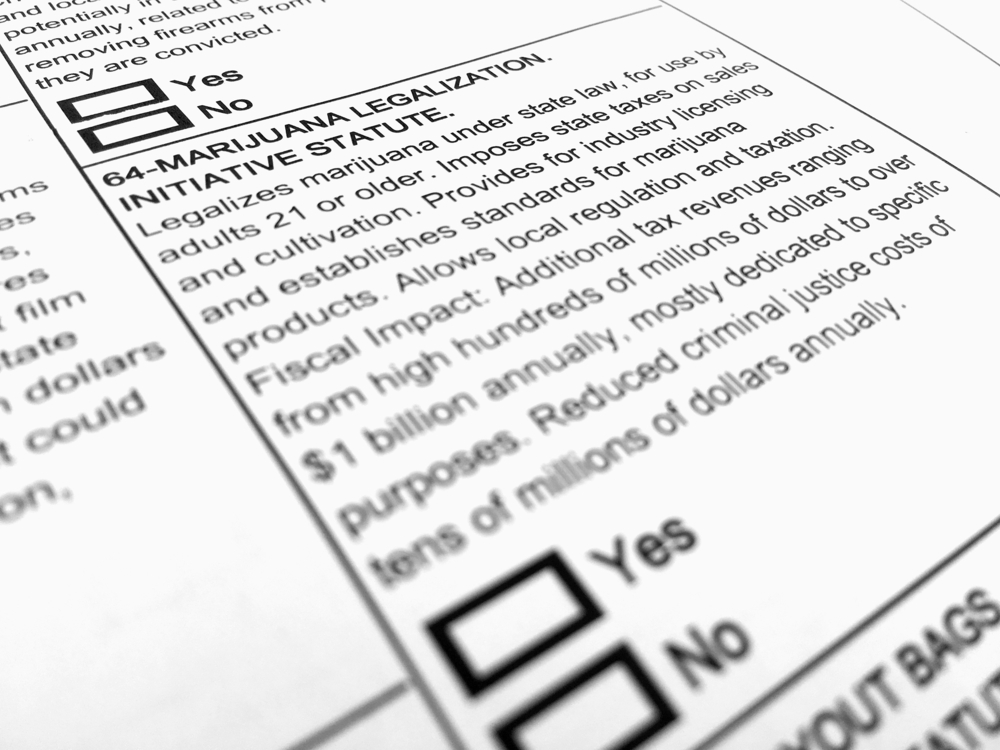SōRSE News & Blog
Home > News/Blog
More results...

Election 2020 – Cannabis Emerges a Big Winner, Signaling an End to the War on Drugs
Learn more about the states that just legalized cannabis!
Home > News/Blog
More results...

Learn more about the states that just legalized cannabis!